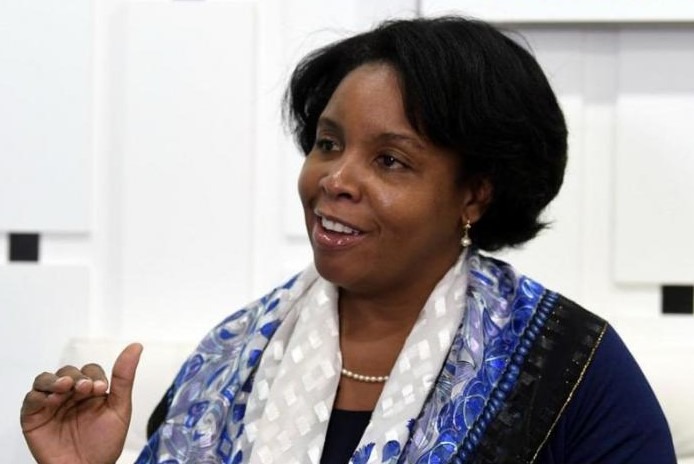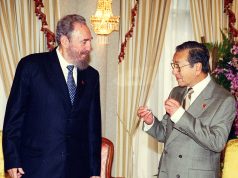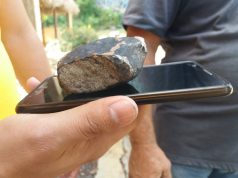Santiago de Cuba – Fidel Castro, who led Cuba through five decades of revolution, resistance and repression, was laid to rest on Sunday in Santiago de Cuba.
An urn containing Castro’s ashes was brought by soldiers to the cemetery of Santa Ifigenia in Santiago de Cuba, 800 kilometres south-east of Havana.
Thousands of people lined the road and sang the national anthem as the funeral cortege slowly passed by.
The interment of the urn was a closed affair with only Castro’s closest circle involved.
The cemetery, a national monument, is also the final resting place of poet and freedom fighter Jose Marti and other heroes of Cuban independence.
Marti’s mausoleum is watched over by a military honour guard, changed with great ceremony every half-hour. At the entrance to the cemetery, an “eternal” flame honours Cubans who fell in defence of national sovereignty.
Other members of Castro’s family are buried in a cemetery plot there.
Santiago has special significance as the cradle of Castro’s Cuban Revolution. It was here on July 26, 1953 that Castro led an attack on the Moncada military barracks to try to overthrow the regime of dictator Fulgencio Batista.
It failed, but his July 26th Movement succeeded in 1959, marking the beginning of his iron-fisted transformation of and rule over Cuba.
Castro died on November 25 aged 90. A four-day funeral procession has carried his ashes from Havana to Santiago.
Leftist presidents including Venezuela’s Nicolas Maduro were at the funeral, while many leaders including US President Barack Obama, French President Francois Hollande and Russian President Vladimir Putin were not.
The United States, with which Cuba reinstated diplomatic relations in 2015, was represented instead by its acting ambassador Jeffrey DeLaurentis and national security advisor Ben Rhodes.
– dpa











